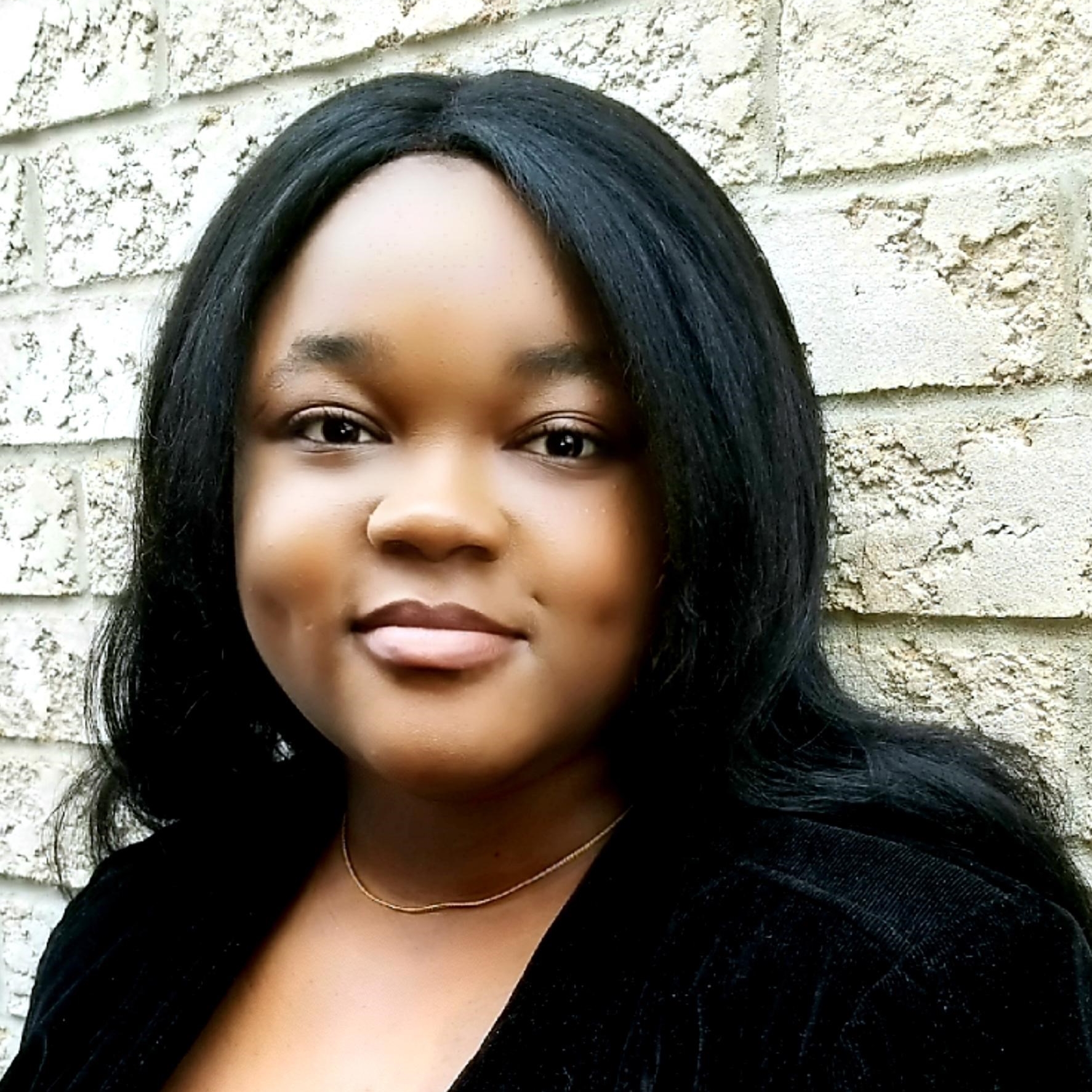Aishat Usman watched her career horizon expand amid her 12-month internship at Hydro One, Ontario’s largest electric transmission and distribution provider. As the Chemical Engineering student entered her final year at Queen’s this past fall, she looked back on her time as a member of the organization’s Corporate Standards team as one of the best growth opportunities of her undergraduate career.
The opportunity presented itself ironically at the very beginning of the COVID-19 pandemic. “I actually didn't decide to do an internship until the very last second, after the pandemic first hit and school shifted from in person to remote learning back in March of 2020,” Usman says.
Suddenly stuck at home, she thought back through her years at Queen’s and found that, while she enjoyed her classes, she did not have any work experience related to her field of choice. It was then that she decided to apply to QUIP, the Queen’s Undergraduate Internship Program, which facilitates 12- and 16-month full-time paid work for second- and third-year students. She was able to identify a potential employer and position using the Queen’s University MyCareer website. “I knew I was a bit late to the job search, so I made sure to complete at least three applications on most days”, Usman mentioned. After completing the interview, resume and cover letter writing workshops, she felt confident during each step of the job application process.
She started her search in April 2020 and was interviewing for her position through QUIP by June. In her role on the Corporate Standards team, Usman was responsible for reading technical reports and drafts for standard development projects for several departments across Hydro One. Usman drew on theoretical knowledge from her undergraduate courses and consolidated her learning with on-the-job training to ensure these reports met the company standard and, importantly, were accessible and understandable to employees in every department. She updated her supervisors daily with the status of her projects and met with people of all professional backgrounds, particularly engineers, to ask questions and clarify aspects of the standard development process.

“My position was not at all chemical engineering-related,” she says. “I, however, found my education in engineering helped me approach projects. In APSC 100 and 200, the first and second-year Engineering Design and Practice courses cover different stages of the design process to follow starting from problem definition, and progress to data collection, analysis, and report generation. That structured step-by-step process helped me not to feel overwhelmed at any point.”
As Usman describes it, this “more corporate and policy-based” work was completely different from what she imagined she would do as an engineer. However, she quickly found she had collected a set of non-technical skills in her education that made her specially equipped for careers she had not even considered.
“My dad is a mechanical engineer, and all I saw him do was actual fieldwork,” she says, “so when I decided I was going to go into chemical engineering, I just always had this mental picture, like you're going to model chemical plants, you're going to run the distillation columns and reactors. You're going to design those and work on those. That is the tunnel vision, I guess, I had throughout undergrad right up until I started applying for internship positions and saw why employers are interested to hire engineers - regardless of technical information, engineers are trained to be analytical thinkers. Our education provides us with skills of comparison, contrast, and compartmentalization, which allows us to easily segment complex issues into possible solutions. We’re able to work with data of many kinds and identify opportunities for improvement.
“Aishat joined us at a unique time as we continued to adapt our practices in the early stages of the pandemic and demonstrated a great deal of resiliency and flexibility, valuable skills that go beyond the classroom,” says Alex Jackson, an Advisor at Hydro One. “Internships provide valuable growth and development opportunities for students and provide key support on key projects for our team. We appreciated Aishat’s contributions over her internship.”
Upon her arrival back to Queen’s this fall, Usman felt “like a completely different person.”
“I used to struggle a lot with group work, as an international student. I always felt a little isolated, a little separated in teams, so I would take the back seat. My experience is totally different now, especially because in fourth year it's all about having good final projects. I'm much more comfortable updating my team when things are not going well, and I need help. I'm more open to accepting help and requesting it in the first place.”
At the same time as her internship over the course of the pandemic, Usman and a classmate started a Queen’s chapter of the Metallurgic and Materials Society. She also took on the role of mentor to Black first-year engineering students, a responsibility that she hopes to carry into her future career. Those [extra-curriculars] are the kinds of things I wanted to do in first year but couldn't, because I was struggling so much. Getting to see my mentees wanting to be student leaders during Frosh Week and helping them actualize it, made me super happy,” she says.
Usman is set to graduate with the class of 2022, and as she looks to the next steps of her career, she is assured that her engineering academic experience and unique combination of skills through QUIP present a variety of exciting career paths to explore.